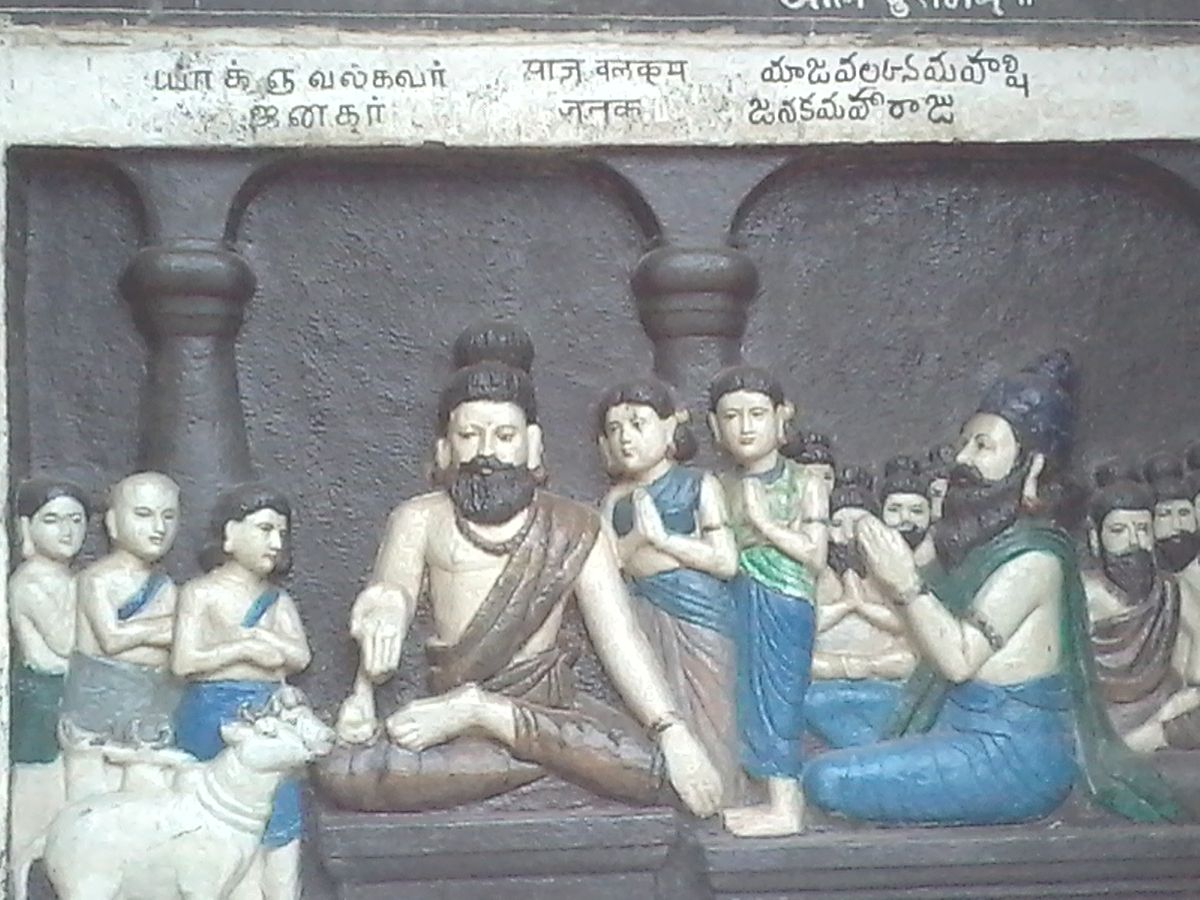
Indian Philosophy: A Diverse Tradition of Inquisitive Thought
Indian philosophy, also known as Darśana ("to see" or "look at"), is a vast and multifaceted corpus of philosophical traditions that have flourished in the Indian subcontinent for centuries.
Common Themes and Diversity
Indian philosophies share many common themes, including the concepts of dharma (righteousness), karma (action and its consequences), samsara (cycle of rebirth), dukkha (suffering), and moksha (liberation from suffering). However, they differ significantly in their assumptions about the nature of existence and the path to liberation, resulting in a wide array of schools of thought.
Āstika and Nāstika Schools
Traditionally, Indian philosophies are classified into āstika (orthodox) and nāstika (heterodox) schools. Āstika schools accept the authority of the Vedas (ancient scriptures), while nāstika schools do not. The six major āstika schools of Vedic philosophy are Nyaya, Vaisheshika, Samkhya, Yoga, Mīmāṃsā, and Vedanta. Notable nāstika schools include Jainism, Buddhism, and Charvaka.
Hindu Traditions
Hindu philosophical traditions are divided into two main categories: orthodox (āstika) and heterodox (nāstika). Orthodox schools, including the six darśanas, interpret the Vedas and Upanishads within their philosophical frameworks. Jainism and Buddhism, on the other hand, rejected the authority of the Vedas and developed their own unique philosophical systems, which are considered nāstika.
Śramaṇic Traditions
Śramaṇism is a religious movement that emerged in ancient India alongside Brahmanism, which gave rise to Hinduism. Śramaṇic traditions emphasized asceticism and ethical living and rejected the ritualism of the Vedas. Jainism and Buddhism are examples of prominent Śramaṇic philosophies.
Comparison and Influence
Indian philosophies exhibit significant diversity, with conflicting views on fundamental questions. For instance, some schools believe in the existence of an eternal soul (atman), while others deny it. Despite their differences, they have had a profound influence on thought and culture in India and beyond.
Political Philosophy
Indian political thought has a rich tradition, with texts like the Arthasastra and the Kural exploring statecraft and morality. Ahimsa (non-violence) and Satyagraha (civil disobedience) became prominent political principles in modern India, thanks to Mahatma Gandhi's efforts during the independence struggle.
Influence on Western Thought
Indian philosophy has influenced Western thinkers such as T. S. Eliot, Arthur Schopenhauer, and American Transcendentalists. Its emphasis on introspection, ethics, and the search for enlightenment continues to inspire and engage contemporary philosophers and scholars.